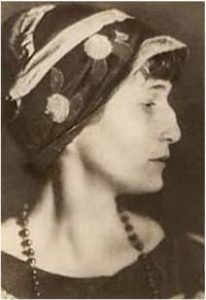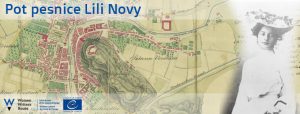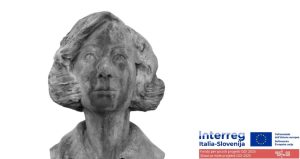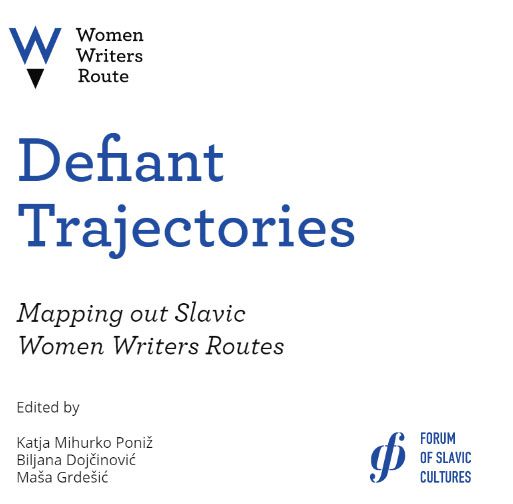Anna Akhmatova (23 June 1889 – 5 March 1966) was a distinguished and influential poet, translator and literary critic shortlisted for the Nobel Prize in 1965 and 1966 (after long being in official disfavour).
Akhmatova was born at Bolshoy Fontan, near the Black Sea port of Odessa. Her father, Andrey Gorenko, a naval engineer, and her mother, Inna Stogova, were both descendants of the Russian nobility. There were few books in the house, but her mother knew many poems and recited them by heart. The family later moved to Tsarskoe Selo, near St. Petersburg, where at the age of 11 Anna started writing poetry. Her father was dismissive of her literary experiments, he categorically forbade her to use her real family name. Anna checked the family tree and found that the surname of her grandmother on her maternal side, Akhmatova, sounded powerful and majestic.
Akhmatova was the first to publish the works of her husband, Nikolai Gumilyov. She also helped her second husband, Vladimir Shileyko, with the translation of his scientific works. She went on to help her third husband, Nikolay Punin. Three of her close family members fell victim to the communist regime’s repressive policies. Her first husband Nikolay Gumilyov was executed by shooting in 1921; her third husband Nikolai Punin died in the Gulag in 1953; her only son Lev Gumilyov spent more than a decade in prison and labour camps. The grief of wives and mothers of “enemies of the people” is reflected in her poem “Requiem”.
In 1941, when Hitler attacked the USSR, Akhmatova took part in defence of Leningrad. Later on, she was evacuated to Tashkent, where she spoke in hospitals and recited poetry to wounded soldiers. Her fate became the symbol of great non-compliance and endurance.





